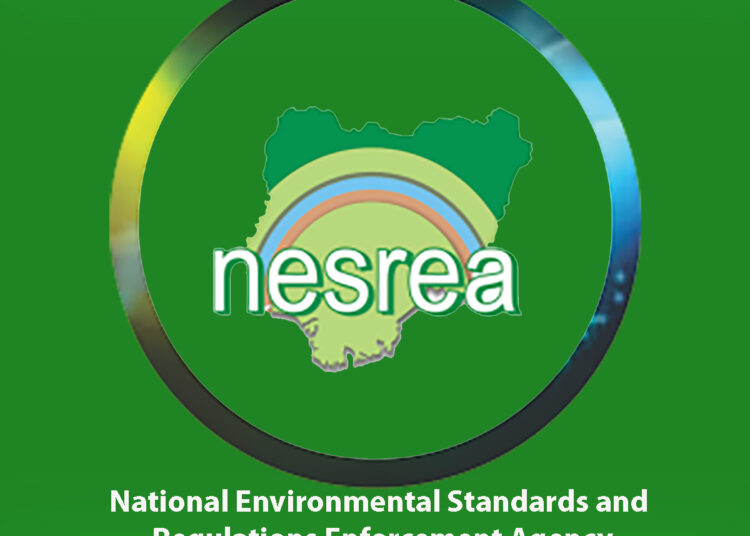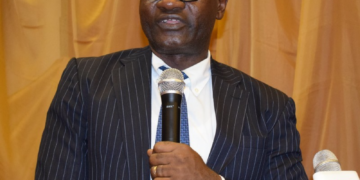Environment experts have begun reviewing the draft national environmental (Permitting and Licensing Systems) regulations, which seek to effectively control the activities of the regulated community by the National Environmental Standards and Regulations Enforcement Agency (NESREA).
The aim is to achieve statutory environmental targets and outcomes, such as improving air quality, environmental conservation, and avoidance of exposure to waste and hazardous substances, by issuing environmental permits to the regulated communities.
The director-general of NESREA, Innocent Bariko said the draft policy will balance effective regulation and stringent punishment of deviants while also creating an enabling environment for businesses and individuals conducting various activities within the Nigerian space.
Bariko said the new policy framework would help to close identified gaps in the old regulatory document that was gazetted in 2009, including trending and emerging environmental issues such as climate change, marine pollution and biodiversity conservation, which are of global concern. He said the factors necessitated the agency to seek assistance through the Quick Wins of its 5-Year Impact Plan from the UNEP-LEAP Small Scale Funding Agreement (SSFA) under the Montevideo Programme to facilitate the review of the regulation.
“Today’s session is not just a routine review but a critical opportunity to harness the wealth of knowledge, expertise, and unique perspective that each of you brings, as we strive to identify areas of improvement, eliminate inefficiencies, and enhance the clarity and effectiveness of our regulatory practices,” the DG told the audience of stakeholders yesterday at the National Environmental (Permitting and Licensing Systems) Regulations S.I.29 2009 in Abuja.
Lead expert of the review process Mr Victor Ojogbo said the new amendments will help NESREA to improve its enforcement tools while also serving as a win-win for both the regulator and the regulated.
“The operators will see seamless enforcement now. They will see apparent, regular monitoring from NESREA. And they would be delighted whenever they are penalised because it will be obvious that you contravened the rules. So, everybody will be happy. It will be a win-win for all – putting the regulated and the regulators on their toes. And we’ll have a better environment at the end,” Ojogbo, also a former director of the policy and planning department of NESREA, said.
NESREA has set a July 2024 target for the new regulations to take effect. Experts warn that it must not overburden the operators with fines and sanctions in a resolve to enforce its mandate.
“We want to reassure our people that we are concerned about the environment. Some of the new realities need to be incorporated into environmental practice to provide an environment where Nigerians will begin to understand that environmental consciousness is key,” he told LEADERSHIP Friday.
Apart from effective regulations, the DG said NESREA needs more resources to enforce compliance. “It’s not easy. When involved in litigations, you must engage your lawyers and ensure that several things are done.”
The general agreement is that NESREA needs to be up and doing in their responsibility.
Mr Ojogbo said there should be a change in how Nigerians think, see and behave in the environment in compliance with community regulations set by the regulatory agencies. He acknowledged that the main focus of the document is how to give effect to the enforcement of the regulations of the agency.





